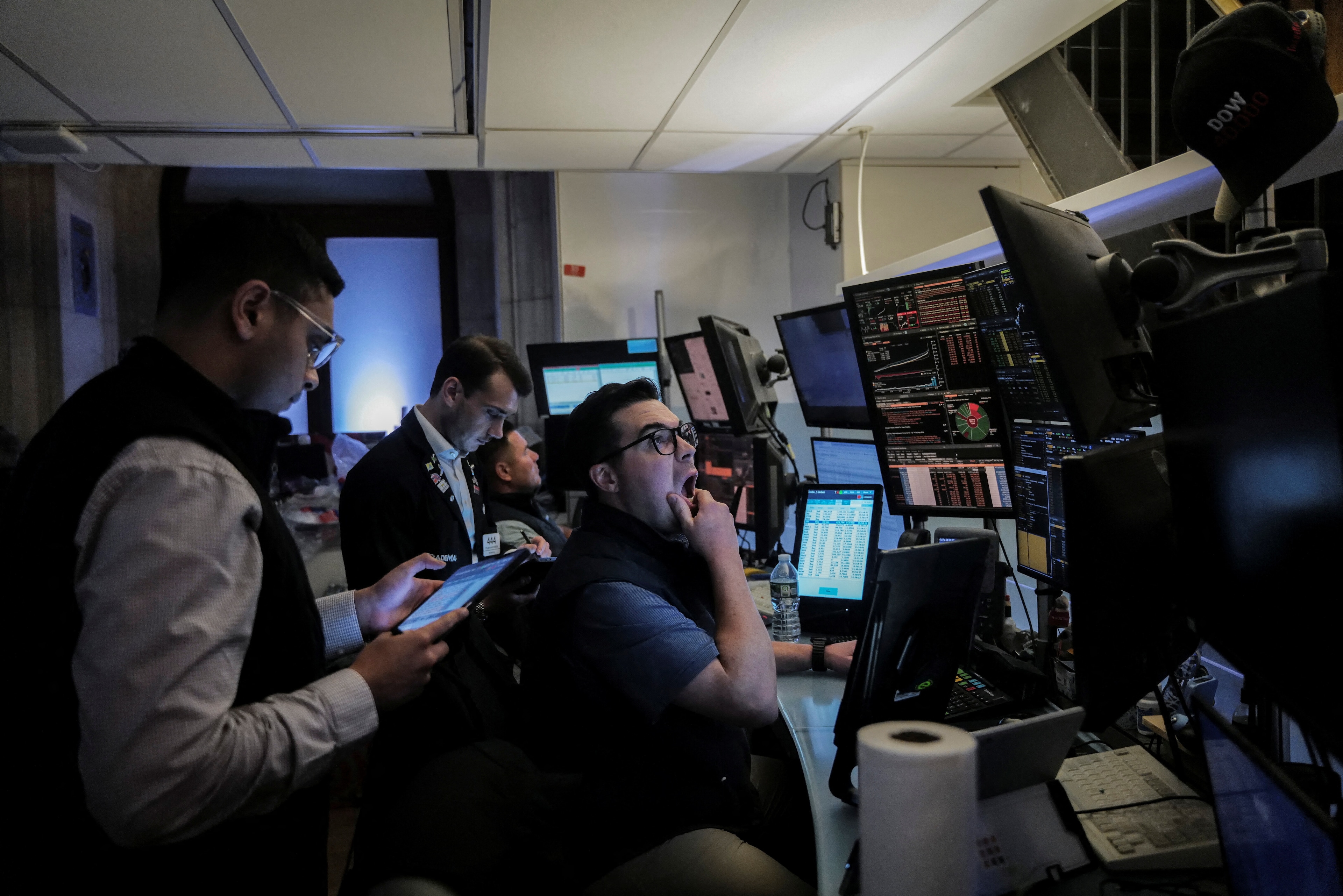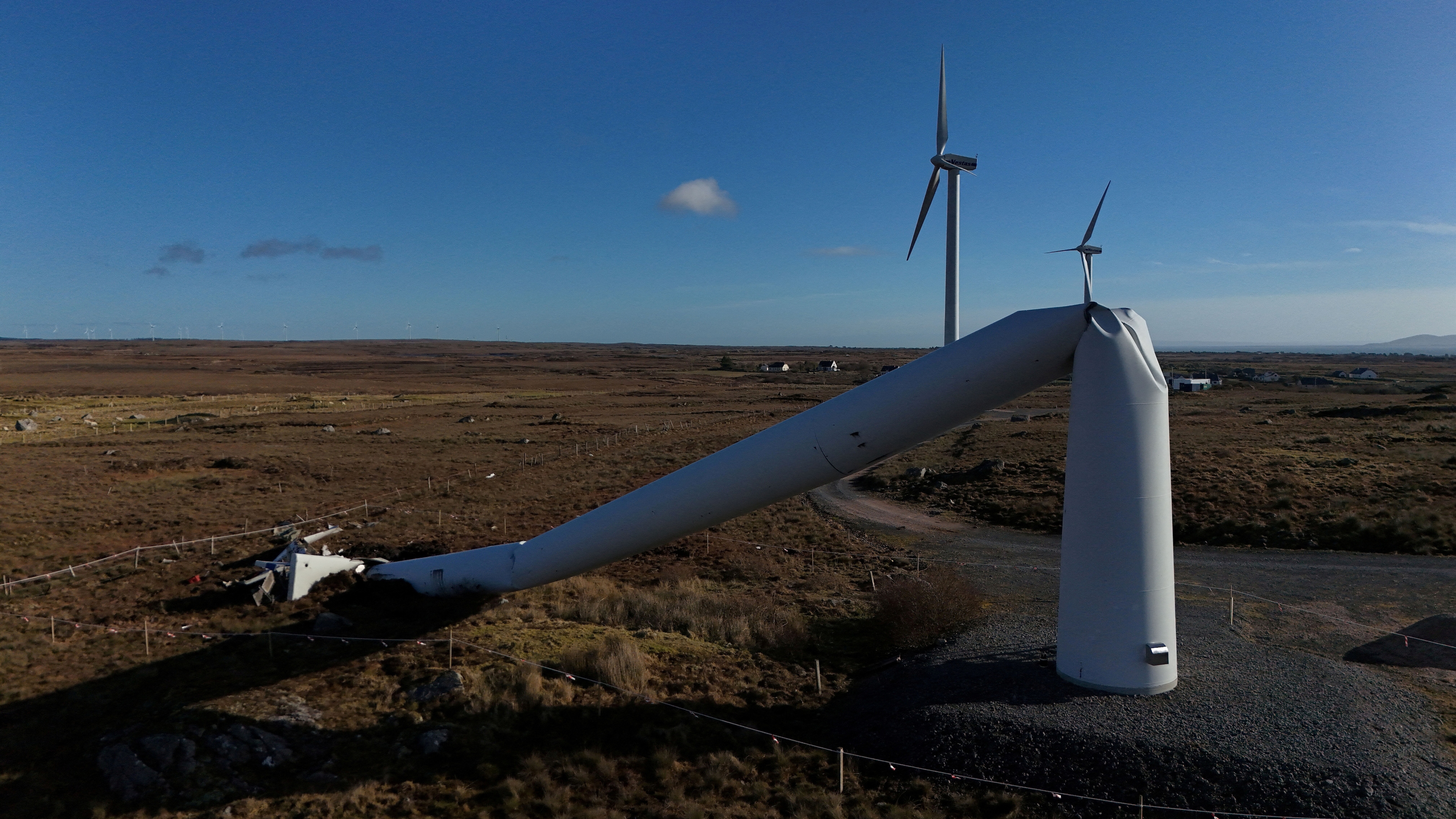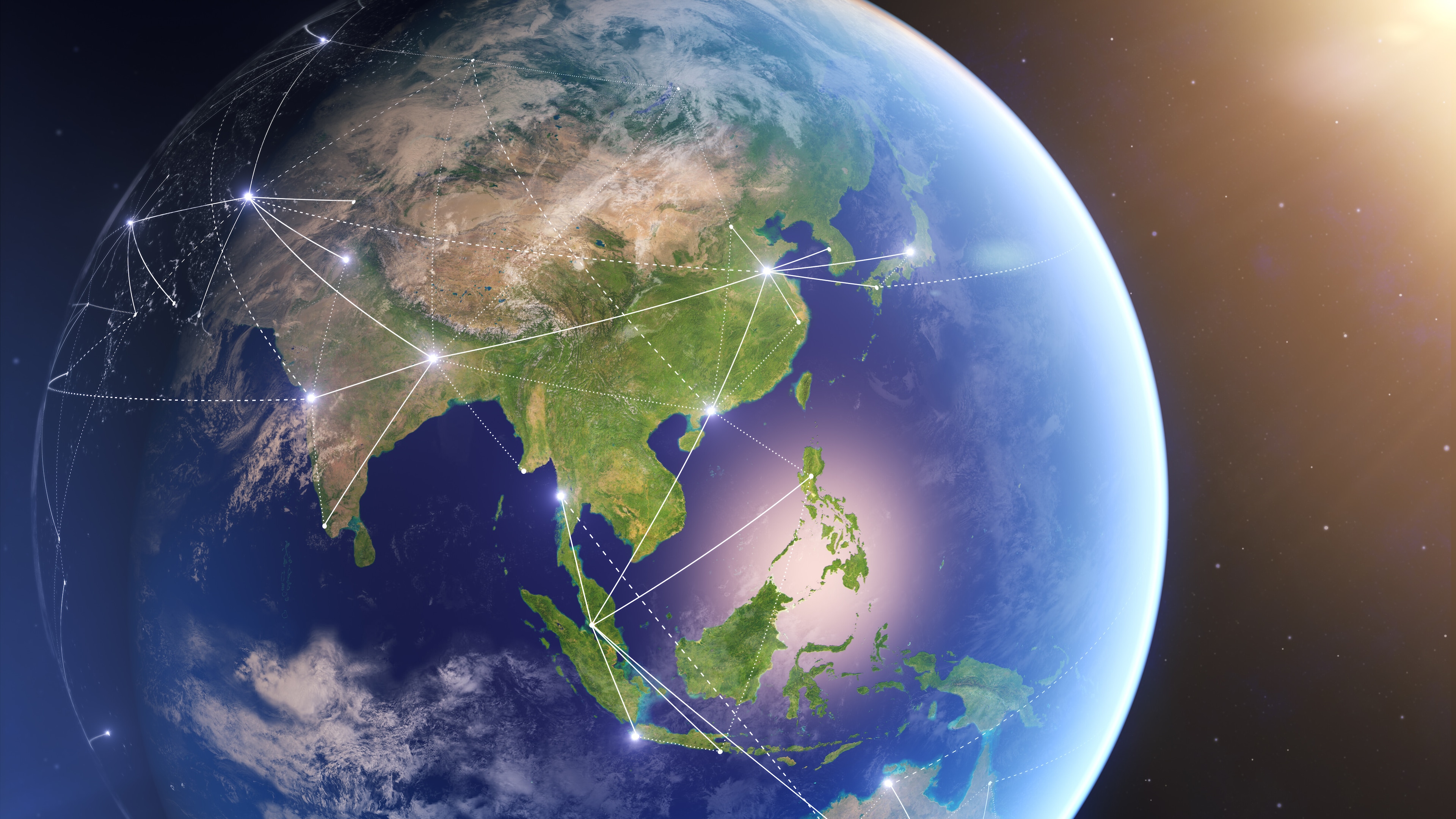The cost-of-living crisis has pushed 71 million people into poverty - here’s what needs to happen

The cost of living crisis is impacting people around the globe
Image: Unsplash/Karthikeyan K
Stay up to date:
SDG 01: No Poverty
Listen to the article
- The cost of living crisis has pushed 71 million people into poverty, according to the United Nations.
- Inflation is climbing as the Ukraine conflict and the effects of the pandemic put pressure on supplies of food, energy and other essentials.
- The UN says governments and banks must urgently take action.
- Debt relief, handouts and subsidies are seen as the best means of addressing the immediate impacts on the world’s poorest.
The United Nations says the global cost of living crisis is pushing 71 million people into poverty. And a global effort is now needed to help shield the poorest from the impact of rapidly rising prices.
The UN has called for a moratorium on debt repayments so that governments can subsidize food and energy for their people. And it urged leaders to protect supply lines to ensure necessities get to the millions of people stricken by the cost of living crisis.
The call came after a report by the UN’s Development Programme (UNDP) noted an alarming recent surge in poverty during the current bout of price rises.
It said global humanitarian and development assistance was needed.
“New international efforts can take the wind out of this vicious economic cycle, saving lives and livelihoods,” said UN Development Programme (UNDP) Administrator Achim Steiner.

How goods and services have been affected
The current crisis has been caused by supply chain disruptions that resulted from the pandemic, combined with shortages in grain and energy sparked by the conflict in Ukraine. That’s raised the cost of everything from bread and meat to transport and heating.
Solving the problem is being made trickier by the climate crisis, which is reducing the ability for many to grow crops or make products that can bring in badly needed money and food.
The UNDP report showed that natural gas prices had risen almost 170% by the end of May, the price of wheat climbed 64%, while that of sunflower seed oil for cooking jumped 42%. Urea, which is needed to fertilize crops, has seen a 179% surge. For most products, between a half and two-thirds of those price increases have been registered since Russian troops entered Ukraine in late February.
Poorest worst affected by the cost of living crisis
Inflation affects everyone. But a study by the World Economic Forum found that the global cost of living crisis was making life substantially harder for a quarter of people in the developed world.
Its effects are naturally felt most among those with least money to begin with. The UNDP report found that 71 million people in 159 developing economies had been added to the growing global pool of poverty in the three months through June.
For 2022, the International Monetary Fund has predicted developed-world inflation will be 6%, but that of the developing world will be 9%.
“We are witnessing an alarming growing divergence in the global economy as entire developing countries face the threat of being left behind as they struggle to contend with the continuing COVID-19 pandemic, crushing debt levels and now an accelerating food and energy crisis,” Steiner said.
How governments can help
Inflation can take years to reverse. In the meantime, the UN has called on governments and lenders such as banks to help. Among the measures they can take are debt relief programmes - which would see them forgive or delay some credit repayments to give governments of worst-affected countries money to protect their poor.
What is the World Economic Forum doing to help ensure global food security?
That could help them pay for energy subsidies or offer cash payments so that families can buy food. Other cash transfers, such as tax rebates, should also be considered, said the UN.
“We find that targeted and time-bound cash transfers are the most effective policy tool to address the impacts,” the report stated.
Accept our marketing cookies to access this content.
These cookies are currently disabled in your browser.
Don't miss any update on this topic
Create a free account and access your personalized content collection with our latest publications and analyses.
License and Republishing
World Economic Forum articles may be republished in accordance with the Creative Commons Attribution-NonCommercial-NoDerivatives 4.0 International Public License, and in accordance with our Terms of Use.
The views expressed in this article are those of the author alone and not the World Economic Forum.
Forum Stories newsletter
Bringing you weekly curated insights and analysis on the global issues that matter.
More on Economic GrowthSee all
Antara Choudhury and Vivin Rajasekharan Nair
August 14, 2025
Atul Kumar
August 12, 2025
Elizabeth Henderson and Daniel Murphy
August 8, 2025
Li Dongsheng
July 31, 2025
Charlotte Edmond
July 30, 2025
Naoko Tochibayashi
July 30, 2025






